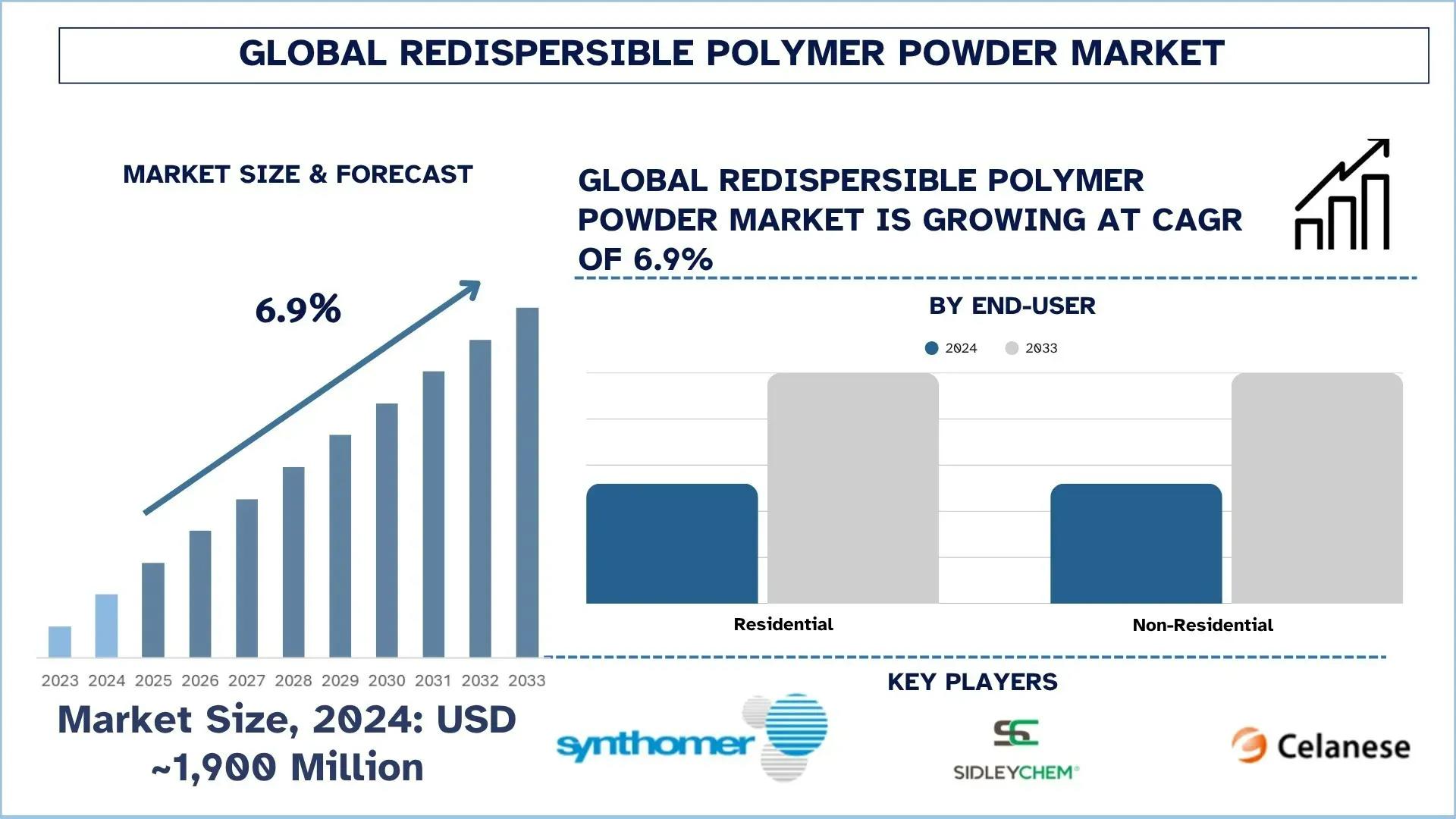Best Academic Publication for Doctorates and PhD Holders?

Introduction
After years of research, sleepless nights, and countless drafts, every doctorate or PhD holder arrives at one crucial crossroad: Where should I publish my work? The choice of an academic publication is not just a technical step it is a defining moment in a scholar’s career.
For doctorates, publishing is more than sharing research; it is about gaining recognition, establishing authority, and contributing to the global academic community. The right publication can open doors to collaborations, citations, and academic appointments, while the wrong one can bury years of hard work in obscurity.
This blog explores the qualities that make an academic publication truly valuable for PhD holders, the challenges scholars often face, and how to make the right choice for long-term impact.
Why Publishing Matters for Doctorates and PhDs
For a doctorate, completing research is only half the journey. The other half lies in ensuring that this knowledge reaches the academic world. Publishing plays a central role in this process, and its importance cannot be overstated.
1. Academic Credibility and Recognition
A published thesis transforms a researcher from being a student into a recognized contributor. When your work appears in a respected academic publication, it carries credibility that strengthens your academic profile and establishes you as an authority in your field.
2. Career Advancement
Universities, research institutes, and even industries often value candidates based on their publication record. A strong list of publications not only improves chances of academic appointments but also opens opportunities for grants, fellowships, and global collaborations.
3. Contribution to Knowledge
Doctoral research often introduces new theories, solutions, or insights. Publishing ensures that these contributions don’t remain locked in a library archive but instead become part of ongoing scholarly conversations, inspiring further studies and advancements.
4. Global Visibility
In today’s interconnected world, a publication in the right journal or platform gives your work international exposure. This visibility increases citations, builds reputation, and ensures that your ideas travel beyond local or regional boundaries.
Key Qualities of a Good Academic Publication
Not all journals or platforms are created equal. For doctorates and PhD holders, choosing the right academic publication is as important as the research itself. A credible publication enhances the value of your work, while the wrong choice can diminish its impact. Here are the essential qualities to look for:
1. Peer-Reviewed Process
The hallmark of a trustworthy publication is peer review. When experts in your field evaluate and validate your research, it ensures quality, reliability, and academic integrity.
2. International Reach and Readership
A strong academic publication should provide global visibility. This ensures your research is read, cited, and appreciated beyond regional boundaries, giving you international recognition.
3. Indexing in Reputed Databases
Prestigious publications are usually indexed in databases such as Scopus, Web of Science, or PubMed. Indexing guarantees that your work is discoverable, accessible, and part of the official academic record.
4. Ethical and Transparent Practices
Beware of predatory journals. A credible publication will always be transparent about review timelines, fees (if any), and acceptance criteria. This protects scholars from exploitation and safeguards the integrity of their work.
5. Author Support Services
The best platforms do more than just publish. They often provide services like language editing, formatting assistance, and mentorship, making the publishing journey smoother for doctorates who may be navigating this process for the first time.
Popular Academic Publications Worldwide
The academic publishing landscape is filled with prestigious journals and platforms, each catering to specific fields and research needs. While some names dominate globally for their long history and influence, newer platforms are also emerging to support scholars in practical and meaningful ways.
1. Nature
A benchmark of excellence, Nature publishes cutting-edge research across sciences. Its reputation, global reach, and high impact factor make it one of the most sought-after journals for scholars worldwide.
2. Science
With an equally powerful legacy, Science is known for its rigorous standards and focus on innovative contributions. Publication here is considered a major academic milestone.
3. The Lancet
For health and medical research, The Lancet sets global standards. Its strong peer-review system and credibility make it indispensable for medical doctorates.
4. IEEE Journals
Engineering and technology researchers often turn to IEEE journals, which are widely indexed, highly cited, and recognized by both academia and industry.
5. PLOS ONE
As one of the largest open-access platforms, PLOS ONE ensures global accessibility. Its inclusive scope helps PhD holders reach diverse audiences without paywalls.
6. GlobalX Publications
Emerging as a trusted platform for doctorates and PhD holders, GlobalX Publications offers a supportive environment for scholars who want to publish their thesis or research with credibility. Unlike traditional outlets that may feel overwhelming, GlobalX focuses on making academic publishing more accessible, transparent, and globally visible particularly for early-career researchers.
Challenges Doctorates Face in Choosing the Right Publication
For many doctorates, completing the research is only the beginning. The next step selecting the right academic publication often feels overwhelming. While the publishing world offers immense opportunities, it also comes with challenges that every scholar must carefully navigate.
1. Predatory Journals
One of the biggest risks is falling into the trap of predatory publishers. These so-called “journals” promise quick acceptance but lack peer review, ethical practices, or academic credibility. Publishing here can damage a researcher’s reputation instead of building it.
2. High Publishing Fees
Reputed journals often come with significant costs, especially for open-access models. For early-career PhDs, these fees can be discouraging and sometimes unaffordable, creating barriers to sharing valuable research.
3. Lengthy Review Timelines
Prestigious journals may take months or even years review and publish submissions. For scholars eager to establish their careers, these delays can slow down recognition and opportunities.
4. Lack of Guidance and Mentorship
Navigating formatting rules, submission guidelines, and revisions can be confusing. Many doctorates, especially first-time authors, struggle due to the absence of structured guidance from journals.
5. Pressure to Publish in “Top Journals”
While publishing in high-impact journals like Nature or Science is prestigious, not every piece of research fits these outlets. The pressure to publish only in elite journals often leaves valuable research unpublished.
Spotlight on Trusted Platforms for Doctorates
Doctorates and PhD holders often ask: “Which platform can I truly trust with my years of research?” While many journals exist, only a few combine credibility, accessibility, and author support. Below are examples of trusted pathways for publishing doctoral research:
1. Established Legacy Journals
Reputed names like Nature, Science, The Lancet, and IEEE Journals remain benchmarks in academic publishing. Their rigorous review process and high impact make them ideal for ground breaking research, though the acceptance bar is extremely high.
2. Open-Access Platforms
Options such as PLOS ONE offer broader accessibility, ensuring research is available to both academics and the public. These journals are valuable for scholars seeking visibility and citations across disciplines, though fees can sometimes be challenging.
3. Emerging Scholarly Publishers
In recent years, new publishing platforms have started addressing the practical needs of researchers particularly doctorates who may feel left out by traditional systems.
One such example is GlobalX Publications, which has positioned itself as a supportive partner for scholars worldwide. Unlike traditional journals that can feel rigid, GlobalX focuses on:
· Transparent publishing practices
· Mentorship and author guidance
· Global visibility for doctoral theses and research
· A balance between accessibility and credibility
This makes it especially appealing for early-career doctorates who want to establish their academic presence without unnecessary delays or risks.
How to Select the Best Publication for Your Thesis or Research
Choosing the right publication is not about chasing the “biggest name”—it’s about finding the platform that aligns best with your research and career goals. Here’s a structured approach that can help doctorates make an informed decision:
Step 1: Identify Your Research Field and Audience
Ask yourself: Who needs to read my research? A medical thesis will benefit from a journal like The Lancet, while engineering research may be better suited for IEEE Journals. Targeting the right audience ensures your work reaches the people who can use it.
Step 2: Match the Scope of the Journal
Every journal has a defined scope. Before submitting, check whether your thesis aligns with the topics, methodologies, and research focus the publication typically accepts.
Step 3: Check Indexing and Reputation
Look for journals indexed in Scopus, Web of Science, or PubMed. Indexing increases the visibility and credibility of your research. Always avoid platforms that are not indexed or have questionable reputations.
Step 4: Review the Peer-Review Process
A transparent peer-review process ensures academic integrity. Avoid journals that promise “guaranteed acceptance” within days these are red flags for predatory publishing.
Step 5: Consider Costs and Accessibility
Open-access journals can increase readership but may charge fees. Compare options and choose a platform that balances affordability with visibility. Some supportive platforms, like GlobalX Publications, provide transparent policies to help doctorates publish without hidden costs.
Step 6: Evaluate Author Support
Especially for first-time authors, guidance can make a huge difference. Journals or publishers that offer mentorship, editing help, and clear communication should always be prioritized.
Conclusion
For every doctorate or PhD holder, publishing is not just the final step of research it is the bridge that connects years of effort to the global academic community. The right publication gives your work the visibility, recognition, and credibility it deserves, while the wrong choice can limit its impact.
From legacy giants like Nature, Science, and The Lancet to open-access platforms like PLOS ONE and supportive emerging publishers such as GlobalX Publications, the options are diverse. The key is to align your research with the platform that best suits your academic goals, audience, and career aspirations.
In the end, publishing is more than ticking a box in your academic journey. It is about leaving a mark on your discipline, contributing to knowledge, and opening doors for future collaborations. The decision of where to publish may very well define how far your work travels and how strongly your voice is heard in the world of scholarship.
Frequently Asked Questions (FAQs)
1. Why is publishing important for PhD holders?
Publishing gives your research credibility, visibility, and recognition. It also strengthens your academic profile and opens opportunities for teaching, grants, and global collaborations.
2. Can I publish my PhD thesis as a book or journal article?
Yes. Many scholars convert their thesis into research articles for journals, while others revise it into a book for wider distribution. The choice depends on your career goals and audience.
3. How do I know if a journal is credible?
A credible journal will be peer-reviewed, indexed in databases (Scopus, Web of Science, PubMed, etc.), and transparent about its review process. Always avoid journals that guarantee instant acceptance.
4. Do all academic publications charge fees?
Not all. Traditional journals may charge little or nothing, while many open-access platforms require fees to make your work freely available. Trusted publishers like GlobalX Publications maintain transparency about costs.
5. Is it necessary to publish in top-tier journals like Nature or Science?
No. While prestigious, these journals are highly selective. The best publication for you is the one that matches your research scope, audience, and long-term career objectives.
6. How long does it take to get published?
Timelines vary. Some journals take several months (or even a year) due to rigorous peer review, while newer platforms offer faster yet still credible processes.
7. Can early-career researchers publish with GlobalX Publications?
Yes. GlobalX is particularly supportive of doctorates and early-career researchers by offering guidance, mentorship, and global visibility, making it easier to share their research with the academic world.






